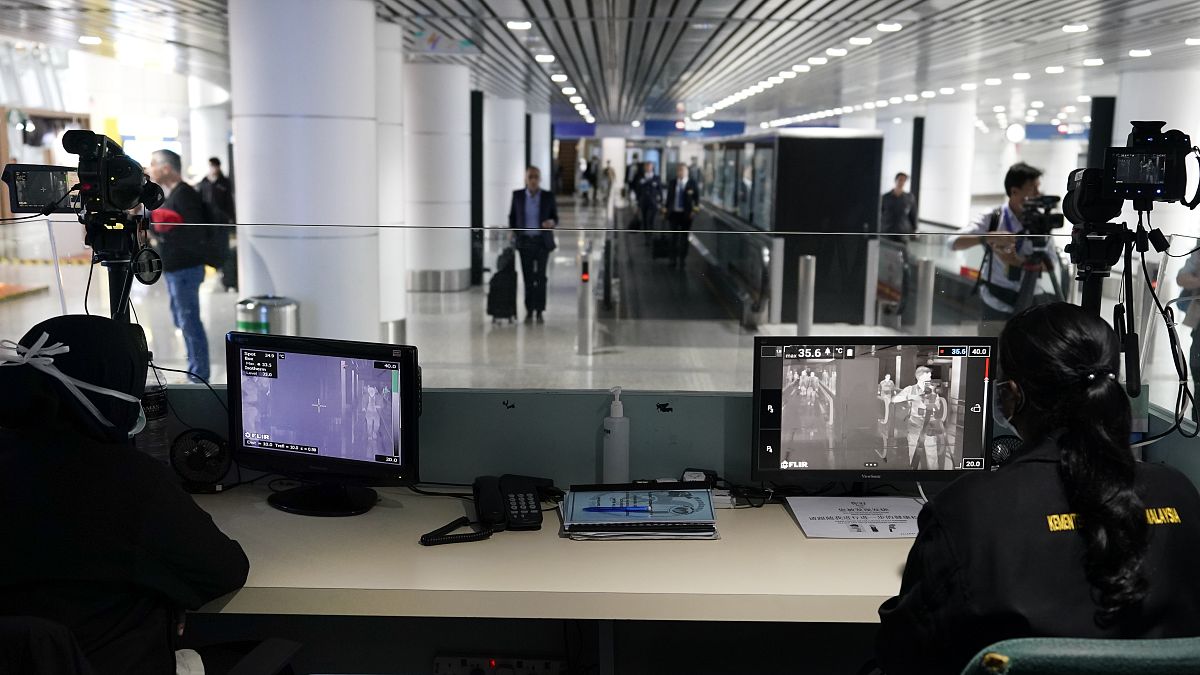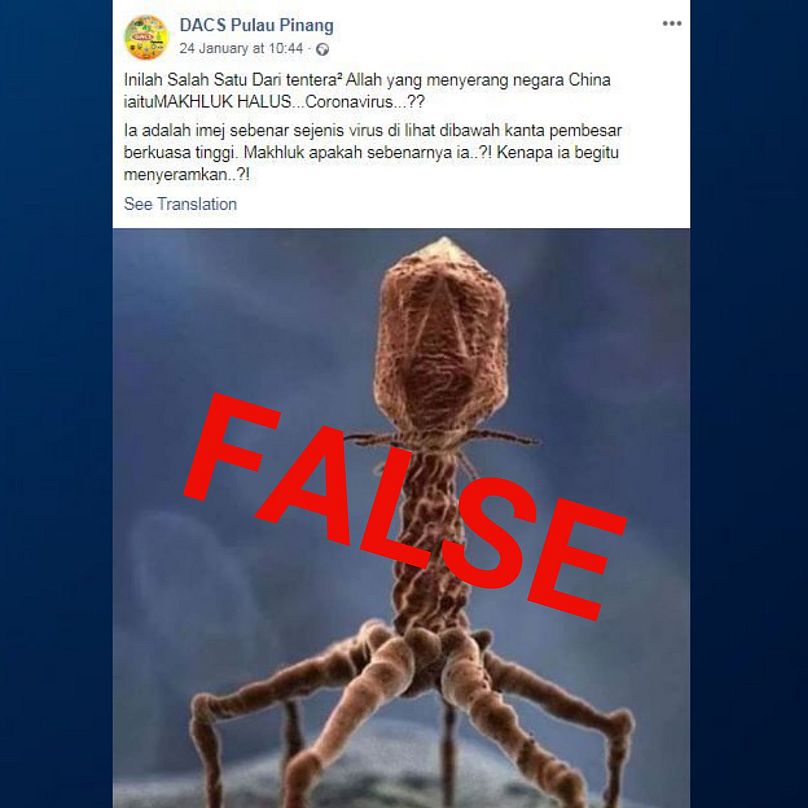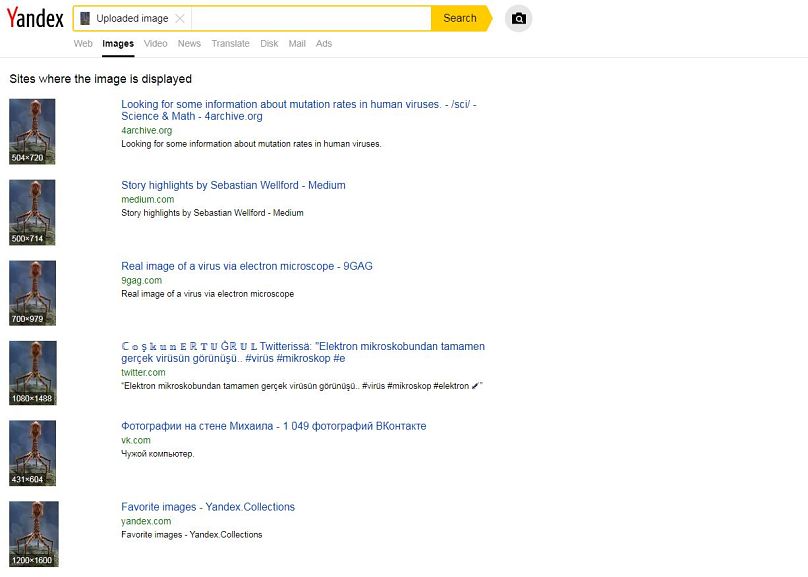Authorities say they will continue to intensify efforts to control the spread of fake news "to maintain public peace and order".
Malaysian authorities have detained five people for allegedly sharing false information about coronavirus on social media.
Two pharmaceutical assistants and a higher education student were among those arrested in relation to fake content posted on Facebook and Twitter.
Several sim cards and mobile devices were also seized as part of the arrests.
Malaysian Communications and Multimedia Commission (MCMC) have released statements in cooperation with the Royal Malaysian Police (PDRM).
The MCMC says that false information spread by "irresponsible individuals ... could disrupt national stability and public order".
Health authorities in the country have also been urging social media users to "think before acting".
All suspects are being investigated as part of Malaysia’s Communications and Multimedia Act 1998, as authorities try to control the spread of information.
If convicted, the five individuals could face a maximum fine of RM50,000 (>€11,000) and a potential one-year prison term.
Additionally, the broadcasts of news, intended to cause public fear and panic, can be prosecuted under Malaysia's Penal Code, with a maximum prison term of up to two years.
The Ministry of Health in Malaysia confirmed that the number of cases of Coronavirus had risen to 7 on Tuesday.
Misleading images of coronavirus spread online
False information about coronavirus has been shared online since news of the outbreak first began, from conspiracy theories about how the virus first spread, to misleading numbers of confirmed infections.
In one example found by Euronews, an image claims to show what coronavirus looks like under a microscope.
The image was shared on the Facebook page 'DACS Pulau Pinang' on 24 January, which has nearly 9,000 followers and contains logos under the name 'Department of Arts, Culture and Sport'.
The page bears no apparent link to Malaysia's official Ministry of Tourism, Arts and Culture.
The caption of the post in Malay reads "this is one of the armies of God that invaded the country of China - UNDERSTAND ... Coronavirus ..."
"It is a true image of a virus seen under a powerful magnifying glass. What kind of creature is it ..?! Why is it so scary ..?!"
The post was shared more than 700 times and similar posts can be found elsewhere on Facebook.
An investigation by Euronews, using reverse-image search tools, found that the exact same image appeared on the internet years before the Coronavirus outbreak was first confirmed.
Many of these links suggest the image is actually an illustrational graphic of another virus "bacteriophage".
Euronews is working to verify the original source.
The image also bears little resemblance to images of Novel Coronavirus (2019-nCoV) found on official websites, such as the Centers for Disease Control and Prevention and the European Commission's Public Health guide.
The original Facebook post has not yet been removed.
Social media giants have faced increasing pressure to combat the spread of viral misinformation about the virus.
On Wednesday Twitter confirmed that they were adjusting settings so that users in various countries would see "authoritative health sources" when they used search terms related to novel coronavirus.
"At present, we’re not seeing significant coordinated attempts to spread disinformation at scale about this issue".
"[However] we do not permit platform manipulation and we encourage people to think before sharing or engaging in deliberate attempts to undermine the public conversation."
Meanwhile, experts have called on the World Health Organisation to declare Coronavirus a global health emergency.




